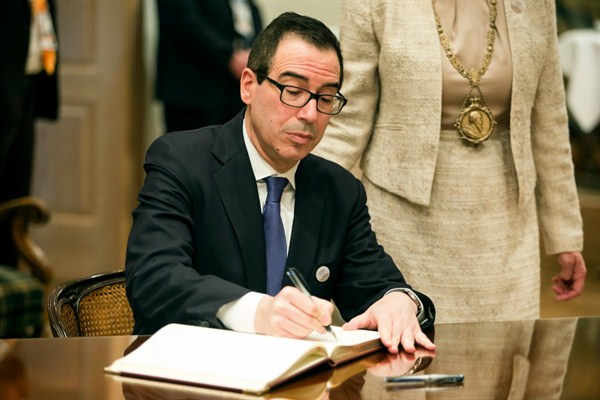Guest columnist Nikolas Gvosdev is filling in for Steven Metz this week.
As the administration of U.S. President Donald Trump enters its third month in office, it is quite striking how conventional its approach to geopolitics has been in practice. Overblown fears that Trump, after his inauguration, would summon his Russian and Chinese counterparts, Vladimir Putin and Xi Jinping, to a secret conclave at his Mar-a-Lago resort in Florida, roll out a map of the world, and start negotiating spheres of influence have not materialized.
Instead, the United States has continued with its mission to reinforce the eastern flank of the NATO alliance; announced that “all options” are back on the table for dealing with an unpredictable nuclear North Korea; proceeded with various regional missile defense arrangements that continue to draw the ire of both Beijing and Moscow; and increased the tempo of U.S. military operations in Syria against the so-called Islamic State.

